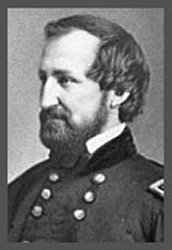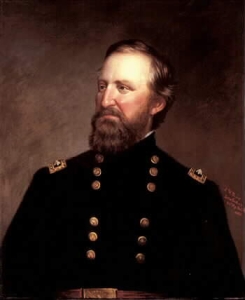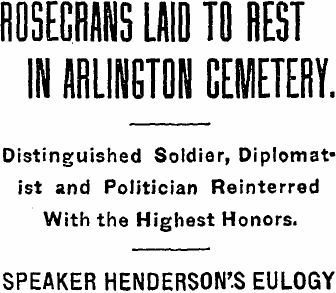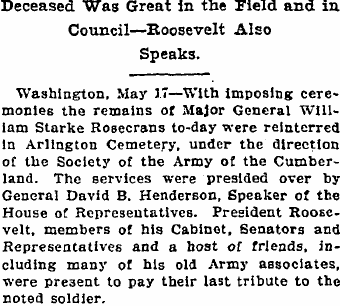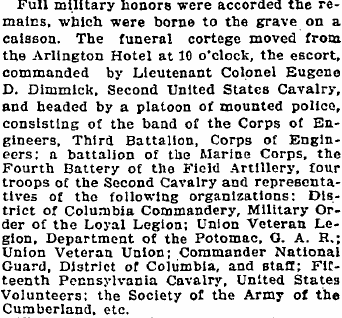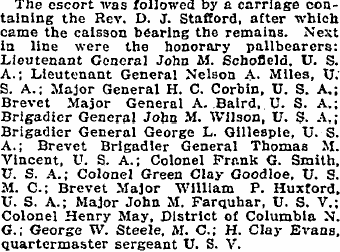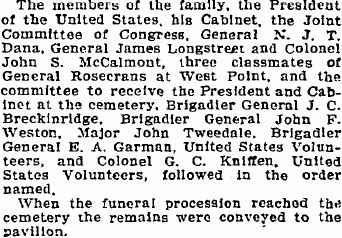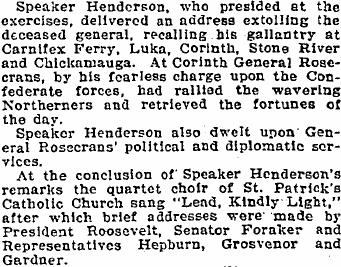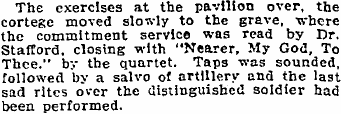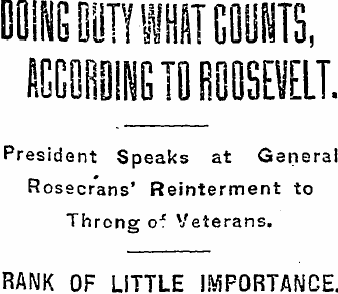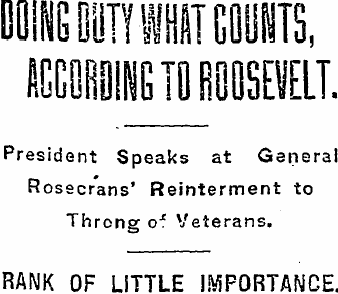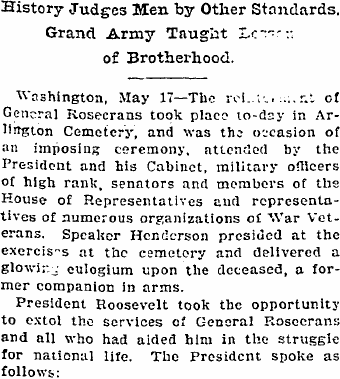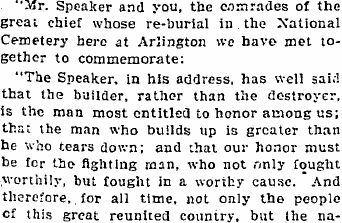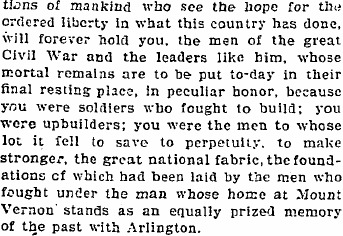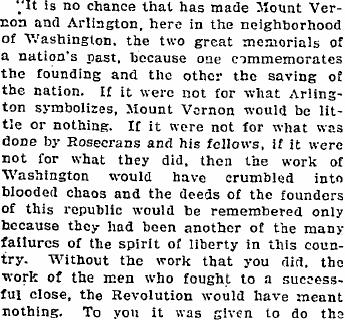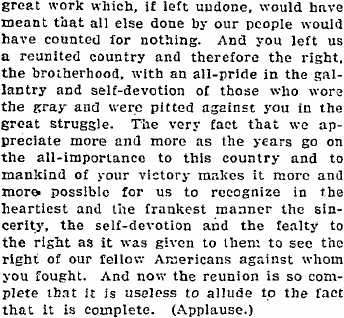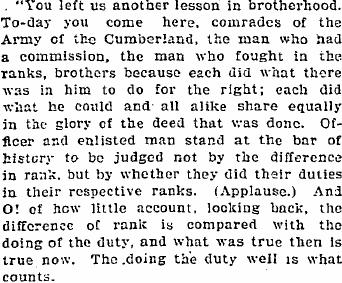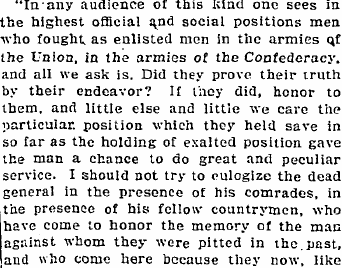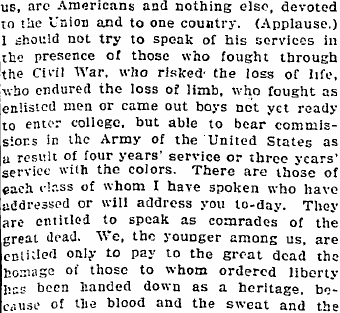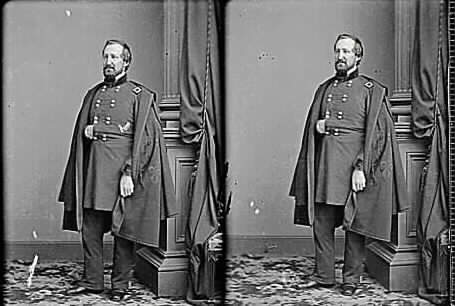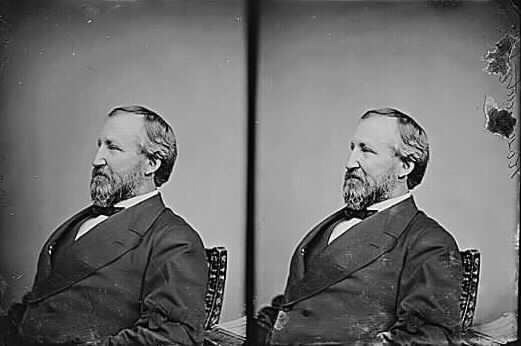Died at Los Angeles, California March 11, 1898.
He graduated from West Point and fought in Civil War. He was abitter enemy of Ulysses S. Grant. He later served in the House of Repesentatives from California.
On June 1, 1864, James Garfield telegraphed from Baltimore asking if he would accept the Republican nomination for Vice President on the ticket with Abraham Lincoln. The same hesitation that was said to have marred him as a soldier spoiled an opportunity which later events proved would have resulted in making him President of the United States. He had always been strong Democrat and while he was intensely loyal and favored with all his power the prosecution of the war, he yet was doubtful whether be could accept all principles of Republican Party. He consulted friends and waited and finally sent Garfield a reply, which was virtually a consent. Garfield said he never received message. Certainly it was too late to be effective.
He was appointed Minister to Mexico in 1868, and immediately took an active interest in affairs of that country. In the House he was Chairman of the Committee on Military Affairs, having been re-elected in 1882. On June 8, 1885, he was appoitned by President Cleveland, whose warm friend and admirer he had been, Register of Treasury. On March 2, 1889, he was, by Act of Congress, put on retired list with rank of Brigadier General. He is buried in Section 3 (1862) of Arlington National Cemetery.
Courtesy of the U.S. House of Representatives:
Representative from California; born in Kingston, Ross County, Ohio, September 6, 1819; completed preparatory studies; was appointed to the United States Military Academy at West Point in 1838 and graduated in 1842; brevetted second lieutenant, United States Corps of Engineers, July 1, 1842; second lieutenant April 3, 1843; assistant professor of engineering at the United States Military Academy1843-1847; in charge of various Government surveys and improvements 1843-1853; resigned from the Army April 1, 1854; engaged as an architect and civil engineer, with residence in Cincinnati; president of the Coal River Navigation Co., Kanawha County, Va. (now West Virginia), in 1856; organized the Preston Coal Oil Co. in 1857 and engaged in the manufacture of kerosene; during the Civil War reentered the service on June 7, 1861, as colonel of the Twenty-third Regiment, Ohio Volunteer Infantry; commissioned brigadier general, United States Army, May 16, 1861; major general, United States Volunteers, March 21, 1862; resigned from the United States Army March 28, 1867; moved toCalifornia and settled in Los Angeles; United States Minister to Mexico in 1868 and 1869; again engaged in civil engineering; president of the Safety Powder Co., Los Angeles, Calif., in 1875; elected as a Democrat to the Forty-seventh and Forty-eighth Congresses (March 4, 1881-March 3, 1885); chairman, Committee on Military Affairs (Forty-eighth Congress); was not a candidate for renomination in 1884; regent of the State university in 1884 and 1885; Register of the Treasury 1885-1893; reappointed brigadier general on the retired list, United States Army (act of Congress, February 27, 1889), and retired March 1, 1889; died near Redondo, Los Angeles County, Calif., March 11, 1898; interment in Rosedale Cemetery; reinterment in the Arlington National Cemetery, May 17, 1902.
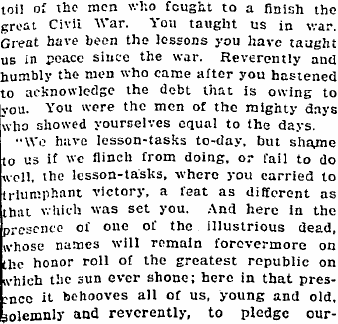
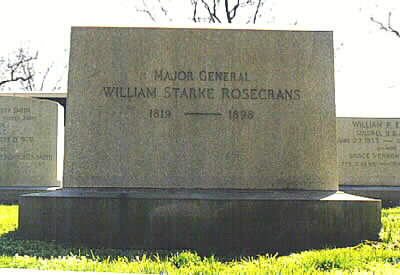
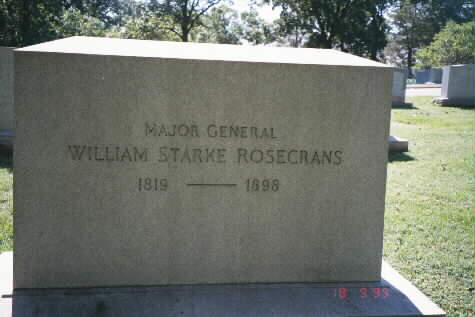
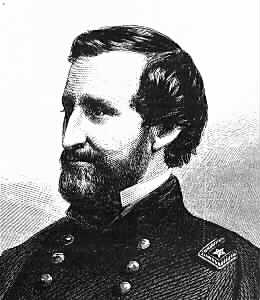
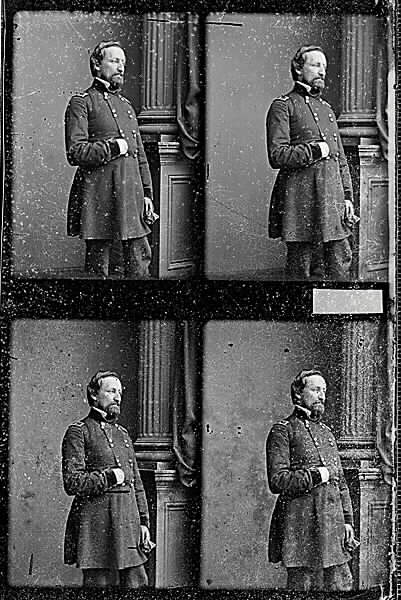
Michael Robert Patterson was born in Arlington and is the son of a former officer of the US Army. So it was no wonder that sooner or later his interests drew him to American history and especially to American military history. Many of his articles can be found on renowned portals like the New York Times, Washingtonpost or Wikipedia.
Reviewed by: Michael Howard

